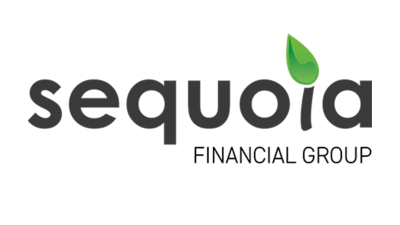Aviva acquisition boosts NAB result



|
|
A robust performance by its wealth division has helped drive National Australia Bank (NAB) to an 8.2 per cent increase in cash earnings for the half year to the end of March but failed to diminish the fact that the big banking group’s net profit was down 21.4 per cent for the period.
Announcing NAB’s half-year result to the Australian Securities Exchange (ASX), the group attributed the decline in net profit to “accounting volatility from significantly lower movements on financial instruments”.
However, NAB chief executive Cameron Clyne said strong earnings growth in business banking and MLC and NAB Wealth, combined with a lower bad and doubtful debts charge, had been key elements.
Looking specifically at MLC and NAB Wealth, Clyne said the companies had reported strong earnings growth, reflecting improved investment markets, increased funds under management and insurance sales and the contribution from Aviva’s wealth management business in Australia.
He said the integration of Aviva was on track to deliver synergies above NAB’s initial estimates, while the JBWere strategic alliance was fully operational and focused on building relationships between JBWere clients and NAB Private Wealth.
Clyne said cash earnings for MLC and NAB Wealth had increased by 31.3 per cent over the period to $264 million, influenced by the Aviva acquisition, while funds under management had increased by $44 billion to $114 billion, also largely due to the Aviva acquisition and strong investment markets.
The company said that NAB Financial Planning advisers received a record level of referrals from personal banking, business banking and NAB Private Wealth, resulting in strong sales in this area.
Recommended for you
Centrepoint Alliance has overtaken Count as the second largest AFSL with more advisers in the pipeline and strong EBITDA growth predictions for FY2026.
ASIC has released an update to its regulatory guidance on managing conflicts of interest for financial services businesses on the back of its private markets surveillance.
Sequoia Financial Group has flagged a series of non-cash impairments for the first half of FY26, citing exposure to Shield and First Guardian and provisions for potential professional indemnity insurance claims.
The Australian Wealth Advisors Group has completed two strategic investments, doubling its number of authorised representatives and increasing its FUMA by more than $1 million.










